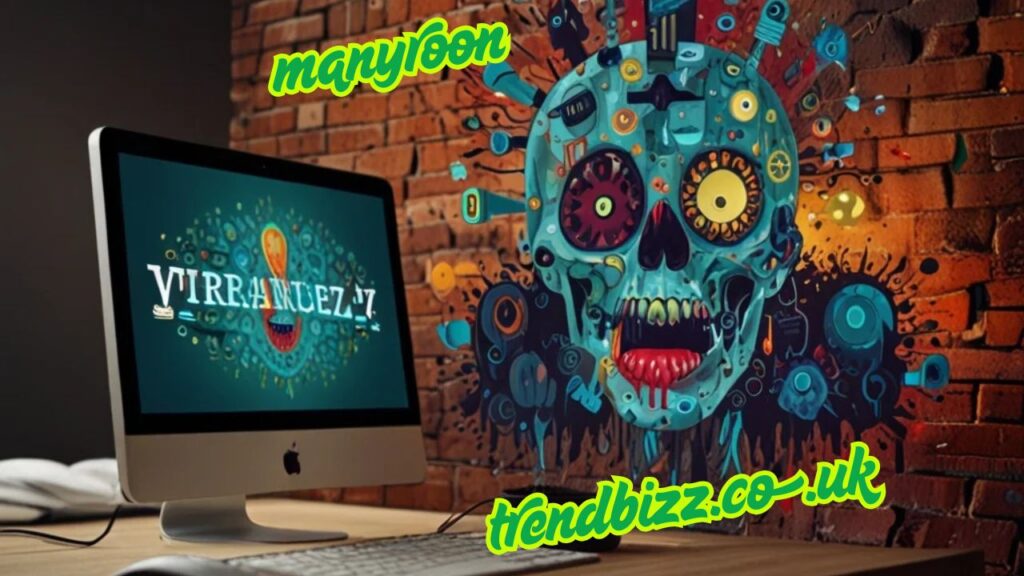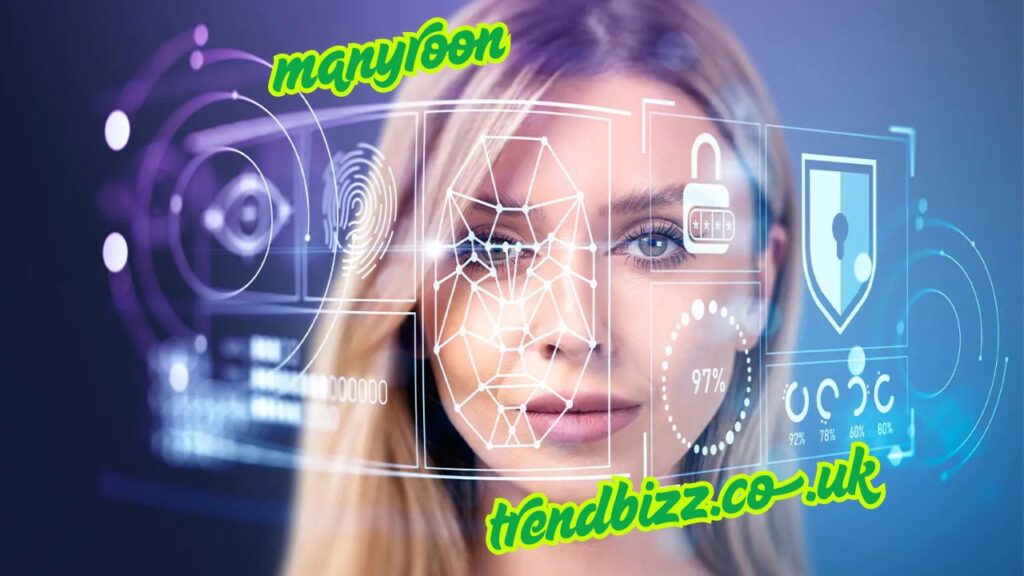Manyroon: Exploring the Meaning, Usage, and Growing Popularity of “Manyroon” in Digital Culture

Introduction: What is “Manyroon”?
The word “manyroon” has increasingly sparked curiosity across digital platforms, especially among communities that explore language evolution, internet memes, or unique branding identities. But what exactly is “manyroon”? Is it a name? A coded message? Or just a viral trend? This article aims to break down everything surrounding the term — its mysterious emergence, speculated meanings, current uses, and cultural relevance.
Though not found in traditional dictionaries, “manyroon” has carved a niche for itself in the evolving landscape of online dialogue. Whether seen in usernames, community tags, blog titles, or cryptic online content, the term has drawn attention for its uniqueness and ambiguity.
The Origins and Theories Behind “Manyroon”

“Manyroon” seems to be a neologism—a recently created word or phrase. Its construction hints to a probable combination of terms like “many” and “room” or “rune,” suggesting meanings like “a place with many rooms” or “a space with layered meanings.” Still, no clear linguistic source lays claim to the word.
Several possible origin theories include:
- Creative Branding: Some suggest that “manyroon” was created as a brand name or web domain that evokes imagination or mystery.
- Fantasy or Fiction Roots: It sounds like a term from a fantasy universe, possibly originating in role-playing games or speculative fiction.
- Cultural Remix: The internet is known for generating hybrid words from various languages or contexts. “Manyroon” could be one such creation.
Regardless of its true origin, the lack of a rigid definition allows “manyroon” to be interpreted in multiple ways, adding to its allure.
Manyroon as a Digital Identity

In many corners of the internet, “manyroon” is now used as a username, brand name, or alias. Its appeal lies in the fact that it is:
- Unique: No prior meaning means there is no baggage or association, making it flexible for individual interpretation.
- Memorable: It’s phonetically smooth and easy to remember.
- Neutral: It doesn’t directly reference any race, nationality, religion, or ideology, giving it universal appeal.
For creators, influencers, bloggers, or even startups, “manyroon” offers a blank canvas for digital storytelling. You might find it in use for:
- Social media handles (Instagram, TikTok, Twitter)
- Blog sites or content hubs
- Indie tech tools or games
- Art and design platforms
This flexibility makes it ideal for use in branding or creating an identity that feels modern, digital-first, and mysterious.
“Manyroon” in the Context of Internet Slang and Naming Trends

The internet is constantly producing odd, intriguing, or phonetically pleasing words that resonate with niche audiences. “Manyroon” falls into the same category as other creative and synthetic terms like:
- Tumblr-era names (e.g., “auroraeclipse,” “velvetdust”)
- Gamertags or RPG character names
- Startups with minimalist or futuristic branding
These terms typically serve two purposes:
- Avoiding Overused Words: Traditional or common names are often already taken on major platforms.
- Creating a Distinct Community or Feel: Words like “manyroon” give the impression of exclusivity, personality, and undefined creativity.
The trend shows that modern naming isn’t about definition — it’s about emotion, vibe, and aesthetic. “Manyroon” delivers all three.
The Psychological and Symbolic Appeal of “Manyroon”
Why do certain words like “manyroon” catch on even without a formal meaning? The human brain is wired to make associative connections, even with abstract or made-up terms. Here’s how “manyroon” hits the mark:
- Evokes Imagination: It invites you to create meaning — like a blank page waiting for a story.
- Feels Enigmatic: It’s not tied to a direct concept, which gives it an aura of mystique.
- Sounds Balanced: The word has a smooth rhythm that makes it pleasing to read and say.
Much like surreal art or abstract poetry, “manyroon” works precisely because it does not explain itself.
Possible Uses of “Manyroon” in Modern Media
If you’re wondering how “manyroon” can be used or adapted, consider the following ideas across industries:
1. Blog or Content Platform
“Manyroon” could represent a digital journal, artistic space, or lifestyle blog that covers everything from mental health to minimalism, offering “many rooms” of content.
2. Creative Studio or Brand
Design studios or independent creators could adopt the name to signal open creativity and diverse projects — each project metaphorically a “room” in the manyroon.
3. Gaming or Fantasy World
A fantasy game could name a magical realm or hidden domain as “Manyroon” — an ancient place with infinite chambers or unknown power.
4. Tech Product
It could be an app for organizing content, productivity, or virtual collaboration — hinting at digital space flexibility.
This versatility reinforces that “manyroon” can be shaped by whatever context it’s placed into.
The Future of “Manyroon”: Trend or Foundation?
While it’s still in the early phase of recognition, “manyroon” has the potential to evolve from niche mystery to mainstream adoption, especially if adopted by:
- Influencers or creators as a personal brand
- A digital product with viral potential
- A unique community name on platforms like Reddit or Discord
Its future depends on how people interpret and use it. If it gains a solid anchor in any subculture, platform, or fandom, it may follow the path of other coined terms that grew into full-fledged internet phenomena.
Conclusion: Manyroon Is What You Make It
In the end, the word “manyroon” serves as a reminder of the evolving nature of language in the digital age. It’s undefined, unfixed, and unbound by tradition — which is exactly what makes it powerful. Whether you see it as a brand, a place, a persona, or just a beautifully odd word, “manyroon” is a gateway into creativity, ambiguity, and expression.
If you’re searching for a unique identity or concept that stands out while inviting interpretation, manyroon might just be the name you didn’t know you needed.



